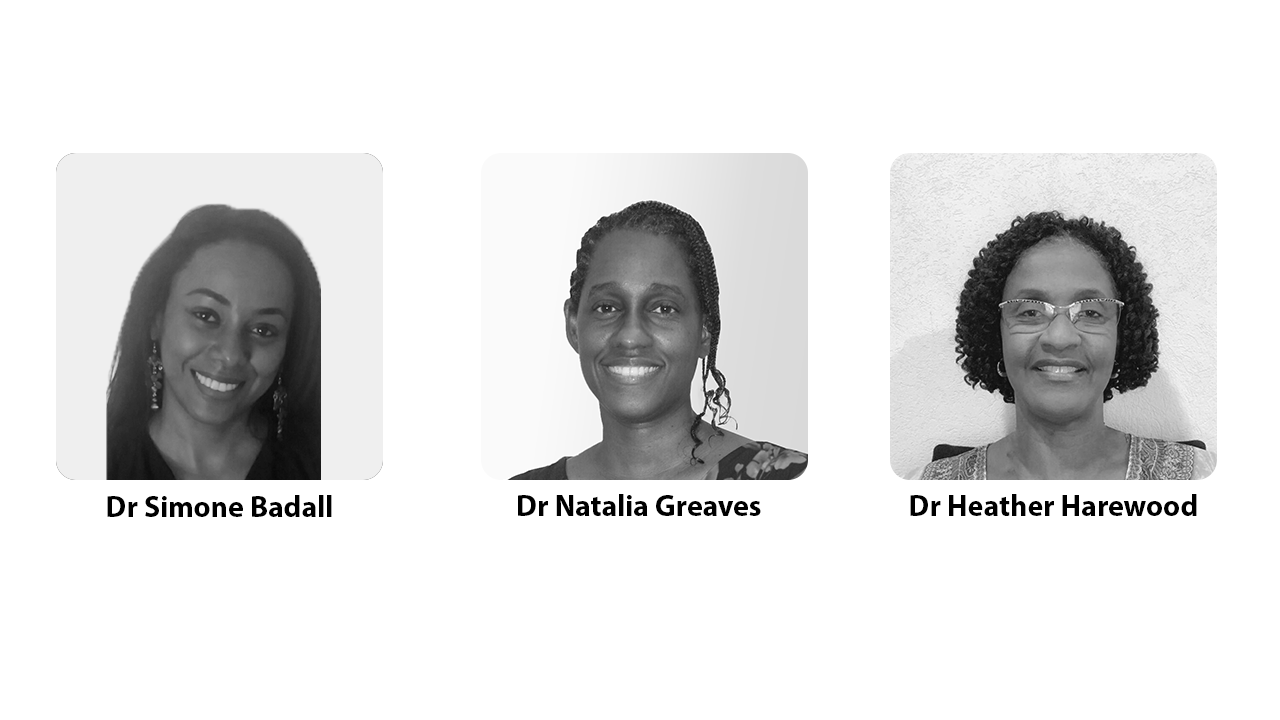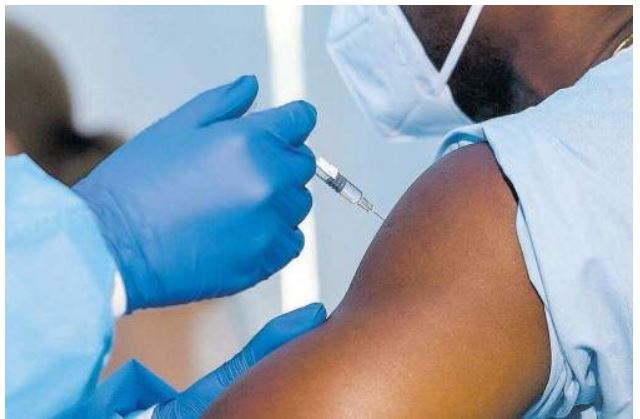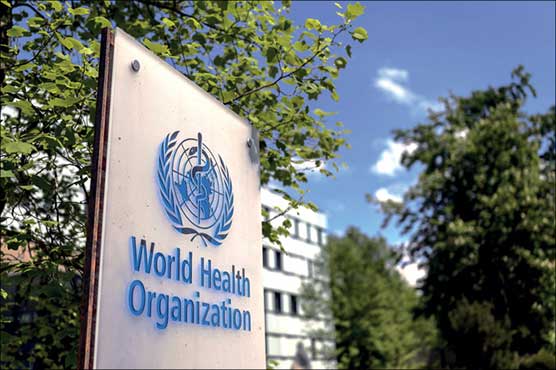By Desmond Brown
GEORGETOWN, Guyana, May 15 2017, (ACP-IDN) – In recent weeks, African, Caribbean and Pacific (ACP) countries have been fine-tuning their strategy for the May 22-31 annual meeting of the World Health Assembly (WHA), the decision-making body of the World Health Organisation (WHO).
Charged with establishing WHO policies, appointing its director-general, supervising financial policies, and reviewing and approving proposed programme budgets, the WHA is considered highly important by ACP countries because of the increasingly significant role played by health issues on the international agenda.
“The increasing incidence of pandemics that transcend national boundaries in the age of large and continued movements of people makes the spread of diseases a collective interest requiring international attention and action,” Caribbean Community (CARICOM) Assistant Secretary-General, Foreign and Community Relations, Ambassador Colin Granderson told IDN.

“One way of addressing this reality is to build the capacity for health professionals to participate more effectively in related international fora, as well as in the sessions of the governing bodies of international organisations such as WHO and the Pan American Health Organisation (PAHO), and to formalise them with the advocacy and negotiating skills of health diplomacy.”
Four years ago, the United Nations unanimously endorsed universal health coverage as a cornerstone of sustainable development and global security, underpinning its role in promoting collective security and prosperity.
Universal health coverage also reinforces attainment of the Sustainable Development Goals (SDGs) under Target 3.8 to “achieve universal health coverage, including financial risk protection, access to quality essential health-care services and access to safe, effective, quality and affordable essential medicines and vaccines for all.”
Pointing to the interconnections linking health, foreign policy and trade, Dr. Merle Lewis, PAHO Country Representative for Guyana, considers that “it is no longer sufficient for us to be just good doctors of medicine and public health in this very connected globalised health community. It is imperative that we acquire the language and an understanding of the principles of global diplomacy, for if we fail to do so, we run the risk of being left behind.”
Encouraging health professionals to look to the future, Lewis believes that as a region “… we must sharpen our negotiation and health diplomacy competencies and skills, as the new 2030 Sustainable Development Agenda will be one of the most important political spaces for strengthening global health. We must recognise that the key social determinants of health lie outside of the health sector and that any progress on the SDGs will require intense negotiation around global public goods.”
In preparation for this year’s WHA, the CARICOM Secretariat hosted a workshop late April for chief medical officers (CMOs), designed to equip them with the tools for effective health diplomacy.
Granderson told IDN that the workshop demonstrated tacit acceptance of the changing face of diplomacy in today’s increasingly complex world.
“The modern practice of diplomacy and international relations is no longer limited to politics and trade,” he explained. “The increasing inclusion of highly technical issues related to science, technology, and in this particular instance, health, is now the new reality.”
“International and multilateral fora are increasingly bringing together individuals with diplomatic skills and professionals whose empirical knowledge serves to better inform and shape effective decision-making.
“The logical approach therefore is to arm our health professionals with the additional skills of advocacy and negotiations to assist them in securing the interests of their respective governments,” he added.
Ahead of the WHA, Commonwealth health ministers are also scheduled to gather in Geneva on May 21 for their annual meeting, this year under the heading of ‘Sustainable Financing of Universal Health Coverage as an Essential Component for Global Security including the Reduction of All Forms of Violence’.
At last year’s meeting, participants recognised the importance of health security as a bridge to peace and stability, as well as the role the health sector can play in strengthening global security, including preparedness and responses to public health threats and disasters.
The 2017 meeting will build on these discussions by exploring the role of health as part of a coordinated, multi-sectoral approach to promoting global security, with a particular focus on preventing violence and building safe and resilient societies.
Dr George Pamboridis, Minister of Health of Cyprus, will chair the one-day meeting, which will emphasise dialogue among ministers of the 52-nation Commonwealth. Three roundtable sessions will cover financing of universal health coverage, the role of health in global security, and the prevention of violence. The meeting will conclude with a statement of action.
Dr Pamboridis said: “The Commonwealth health ministers meeting is a unique platform for deliberating and sharing experiences and mutual learning, as a way to accelerate the pace to meet the relevant Target of ‘Sustainable Development Goals’, to secure the highest standard of health to our population as a fundamental human right.
Achieving universal health coverage is the centre of gravity for all national efforts, despite our diverse set of health needs. The global geographic spread of our countries implies the necessity of acting jointly on cross-border risks to public health security, since domestic action alone has not been proven sufficient in ensuring health locally.”
With a strong security impetus for identifying effective governance mechanisms for the sustainable funding of universal health coverage, the meeting will consider approaches to financing health that have been adopted in the Commonwealth, and whether commitments to certain levels of expenditure might be appropriate.
“Financing universal health coverage is a priority for all countries in the Commonwealth – and there is well-attested evidence that it enhances resilience and security as part of a package of approaches,” said Commonwealth Secretary-General Patricia Scotland.
“Robust health systems are also direct contributors to equitable growth and sustainable development. This year’s meeting of Commonwealth health ministers will seek consensus on a collective plan of action for the Commonwealth to ensure that accessible, affordable health systems are a reality for all our citizens.”
Note: This report is part of a joint project of the Secretariat of the ACP Group of States and IDN, flagship agency of the International Press Syndicate
Like our Facebook page https://www.facebook.com/CaribbeanNewsService/
Follow us on Twitter https://twitter.com/CNewsService
Follow us on Instagram https://www.instagram.com/caribbeannewsservice/




